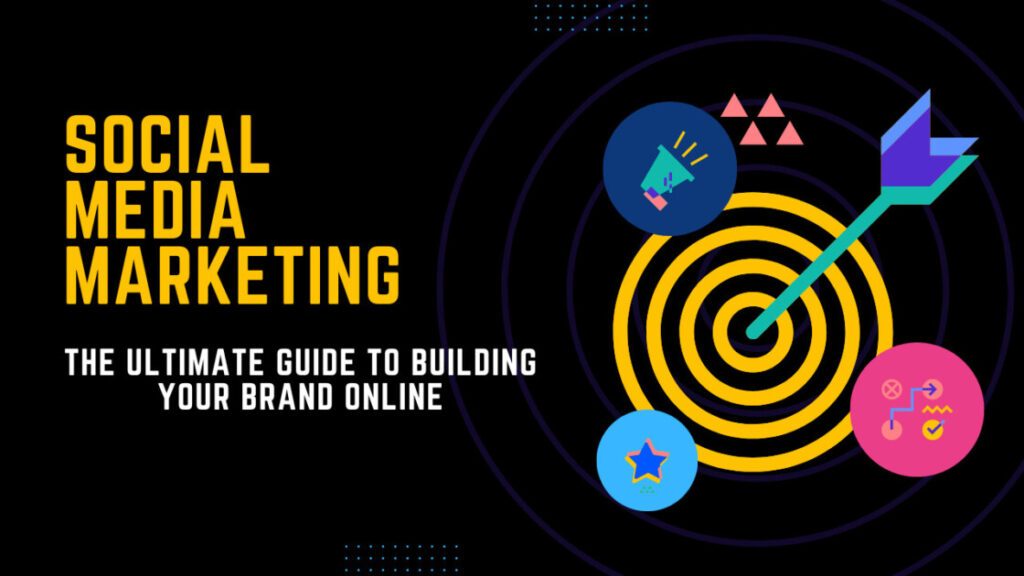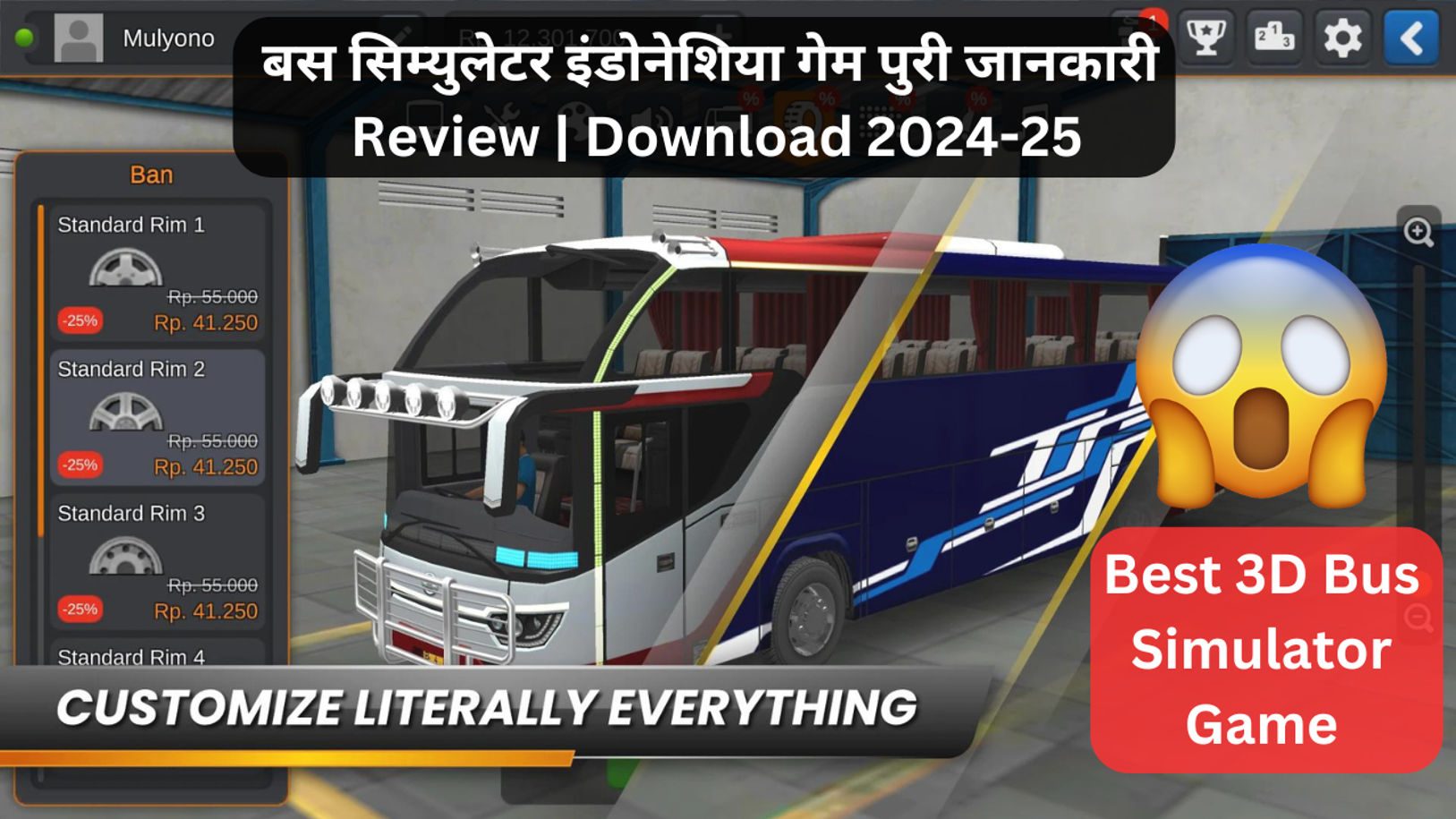Social media marketing (SMM) is a powerful tool that allows me, as a business owner or marketer, to connect with my target audience and achieve a variety of goals. Whether I’m looking to build brand awareness, generate leads, drive sales, or simply provide customer service, social media offers a unique opportunity to connect with people where they already are.

In this comprehensive guide, I’ll break down everything you need to know about social media marketing, from the basics of getting started to developing a winning strategy.
What is Social Media Marketing?
Social media marketing is the process of creating and sharing content on social media platforms to achieve specific marketing and branding goals. This can involve a variety of activities, including:
- Content creation: Sharing engaging posts, images, videos, and stories that resonate with my target audience.
- Social media engagement: Responding to comments, messages, and mentions to build relationships and foster a community around my brand.
- Running social media ads: Leveraging paid advertising to reach a wider audience and target users with laser precision.
- Social media analytics: Tracking my results and measuring the success of my campaigns to optimize my strategy for better performance.
Benefits Of Social Media Marketing
There are numerous benefits to incorporating social media marketing into my overall marketing strategy. Here are just a few:
- Increased brand awareness: social media allows me to get my brand in front of a wider audience, helping me establish myself as a thought leader in my industry.
- Improved brand loyalty: By interacting with my audience and providing excellent customer service, I can build stronger relationships and cultivate brand loyalty.
- Cost-effective marketing: While there are paid advertising options available, social media marketing offers a relatively cost-effective way to reach a large audience compared to traditional marketing methods.
- Measurable results: With built-in analytics tools, I can track the performance of my social media campaigns and measure my return on investment (ROI).
- Increased website traffic: social media is a great way to drive traffic back to my website, where visitors can learn more about my brand and convert it into leads or customers.
- Lead generation: social media can be a powerful tool for generating leads. By running targeted ads and offering valuable content, I can attract potential customers and capture their contact information for further nurturing.
- Improved customer service: social media allows me to provide real-time customer service and address customer concerns promptly and publicly.
Also Read –
The Benefits of Free Government iPhones and Government Phones
Bears vs. Vikings Inactives: Who is Out Tonight on MNF Week 12 Matchup?
Greenfield International Stadium: The Perfect Venue for Twenty20 International Matches
The Enduring Legacy of Balto: Where to Watch, Sequels & More! 2025
Mastering Movement: A Comprehensive Guide to OSRS Agility Training (USA Focus) 2025
Best VPN Reddit| Site-to-Site VPN | Business VPN Solutions
Getting Started With Social Media Marketing
Before diving headfirst into social media marketing, it’s important to lay a solid foundation. Here are the key steps to get started:
- Define your goals: What do I want to achieve with social media marketing? Do I want to increase brand awareness, generate leads, drive sales, or something else entirely? Having clear goals will help me tailor my strategy and measure my success.
- Identify your target audience: Who am I trying to reach with my social media marketing efforts? Understanding my target audience’s demographics, interests, and online behaviour is crucial for creating content that resonates with them.
- Choose the right platforms: Not all social media platforms are created equal. I need to identify the platforms where my target audience spends their time. Popular options include Facebook, Instagram, Twitter, LinkedIn, YouTube, and Pinterest.
- Create high-quality content: I need to create engaging and informative content that my target audience will find valuable. This could include blog posts, articles, infographics, videos, images, and live streams.
- Develop a posting schedule: Consistency is key on social media. I should develop a content calendar and stick to a regular posting schedule to keep my audience engaged.
- Track your results: It’s important to track the performance of my social media campaigns so I can see what’s working and what’s not. Most social media platforms offer built-in analytics tools that can provide valuable insights.
Developing a Winning Social Media Marketing Strategy
Once I’ve laid the groundwork, it’s time to develop a comprehensive social media marketing strategy. Here are some key elements to consider:
- Content strategy: I should define the types of content I will create and share on each platform. This will help me ensure that my content is aligned with my target audience’s interests and goals.
- Social media engagement strategy: I need to establish a plan for interacting with my audience on social media. This includes responding to comments, messages and mentions in a timely and professional manner.
- Paid advertising strategy: If I plan to use paid social media advertising, I need to develop a strategy for targeting my ideal customers and crafting compelling ad copy.
- Influencer marketing strategy: Partnering with influencers in my industry can be a great way to reach a
- Influencer marketing strategy: Partnering with influencers in my industry can be a great way to reach a wider audience and build brand credibility. However, it’s important to choose influencers who align with my brand values and target audience.
Community Building Strategy For Social Media Marketing
Social media is a powerful tool for building a community around my brand. By creating engaging content, hosting contests and giveaways, and fostering conversations, I can encourage my audience to connect and build a sense of belonging.
Crisis management strategy:
Even with the best planning, there’s always the possibility of a social media crisis. Having a crisis management plan in place will help me respond to negative feedback or brand mentions in a calm and collected manner.
Social media budget:
Developing a budget for social media marketing will help me determine how much I can invest in paid advertising, content creation tools, and other resources.
Measuring Success
Tracking the results of my social media marketing efforts is essential for measuring success and optimizing my strategy. Here are some key metrics to consider:
- Reach The number of unique users who saw my content.
- Engagement: The number of likes, comments, shares, and other interactions on my posts.
- Clicks: The number of times users clicked on a link in my social media posts.
- Conversions: The number of times users took a desired action, such as making a purchase or signing up for a newsletter.
- Website traffic: The amount of traffic I drive to my website from social media.
- Brand sentiment: The overall perception of my brand on social media.
By tracking these metrics, I can gain valuable insights into what’s working and what’s not. This information can then be used to refine my strategy and improve my social media marketing ROI.
Things To Remember While Doing Social Media Marketing
- Stay up-to-date with the latest trends: The social media landscape is constantly evolving. It’s important to stay up-to-date with the latest trends and platforms to ensure my strategy remains effective.
- Be authentic: People can spot a fake brand a mile away. Be genuine and authentic in your social media interactions and let your brand personality shine through.
- Experiment and have fun: Don’t be afraid to experiment with different content formats and strategies. The best way to find what works for your brand is to try new things and have fun with it!
By following these tips and putting in the hard work, I can create a social media marketing strategy that helps me achieve my business goals and build a lasting connection with my target audience.
Conclusion
Social media marketing is a powerful tool that can help me achieve a variety of marketing and branding goals. By following the steps outlined in this guide and developing a winning strategy, I can leverage the power of social media to connect with my target audience, build brand awareness, and ultimately drive business growth.
Social Media Marketing FAQ
Q: What’s social media marketing?
A: Connecting with your target audience & achieving marketing goals using social media platforms.
Q: Why use social media marketing?
A: Builds brand awareness, and loyalty & drives sales (all at a cost-effective rate!).
Q: How do I get started?
A: 1. Set goals. 2. Know your audience. 3. Pick the right platforms. 4. Create great content. 5. Post regularly. 6. Track your results.
Q: Biggest mistakes to avoid?
A: No clear strategy, inconsistency, being sales-focused only, ignoring your audience & forgetting visuals!
Q: How often should I post?
A: Consistency is key! It depends on the platform, but aim for a few times a week.
Q: What kind of content works?
A: Informative & valuable content your audience enjoys! Mix formats (videos, images, text) and tell stories!




![भारतीय मौसम विज्ञान विभाग (IMD): मौसम पूर्वानुमान, चेतावनी प्रणाली और जलवायु रिपोर्ट 2026 [पूर्ण जानकारी]](https://marathibanna.com/wp-content/uploads/2026/01/भारतीय-मौसम-विज्ञान-विभाग-IMD.webp)





